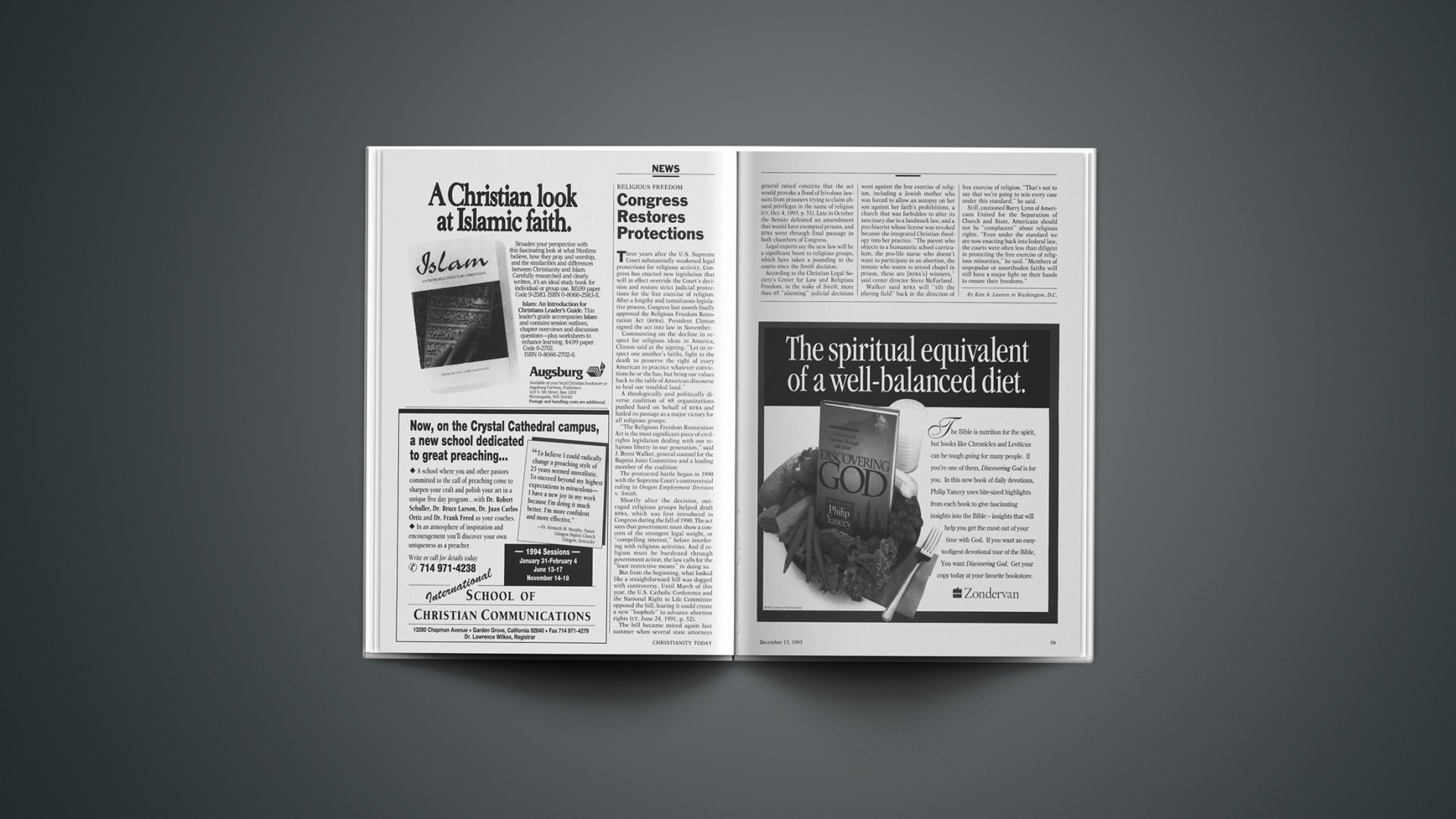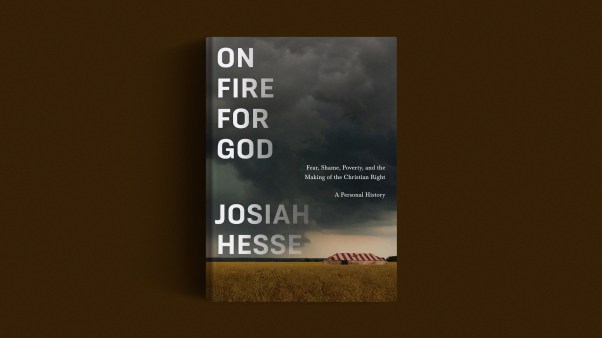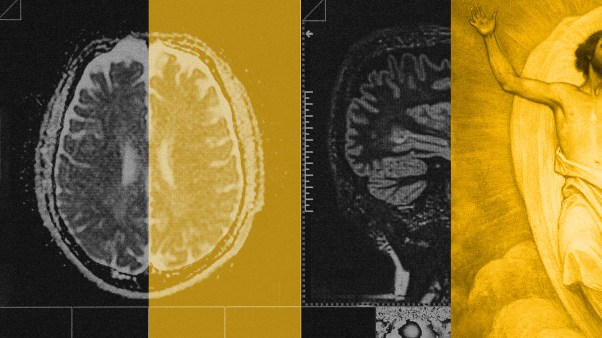Three years after the U.S. Supreme Court substantially weakened legal protections for religious activity, Congress has enacted new legislation that will in effect override the Court’s decision and restore strict judicial protections for the free exercise of religion. After a lengthy and tumultuous legislative process, Congress last month finally approved the Religious Freedom Restoration Act (RFRA). President Clinton signed the act into law in November.
Commenting on the decline in respect for religious ideas in America, Clinton said at the signing, “Let us respect one another’s faiths, fight to the death to preserve the right of every American to practice whatever convictions he or she has, but bring our values back to the table of American discourse to heal our troubled land.”
A theologically and politically diverse coalition of 68 organizations pushed hard on behalf of RFRA and hailed its passage as a major victory for all religious groups.
“The Religious Freedom Restoration Act is the most significant piece of civil-rights legislation dealing with our religious liberty in our generation,” said J. Brent Walker, general counsel for the Baptist Joint Committee and a leading member of the coalition.
The protracted battle began in 1990 with the Supreme Court’s controversial ruling in Oregon Employment Division v. Smith.
Shortly after the decision, outraged religious groups helped draft RFRA, which was first introduced in Congress during the fall of 1990. The act says that government must show a concern of the strongest legal weight, or “compelling interest,” before interfering with religious activities. And if religion must be burdened through government action, the law calls for the “least restrictive means” in doing so.
But from the beginning, what looked like a straightforward bill was dogged with controversy. Until March of this year, the U.S. Catholic Conference and the National Right to Life Committee opposed the bill, fearing it could create a new “loophole” to advance abortion rights (CT, June 24, 1991, p. 52).
The bill became mired again last summer when several state attorneys general raised concerns that the act would provoke a flood of frivolous lawsuits from prisoners trying to claim absurd privileges in the name of religion (CT, Oct. 4, 1993, p. 51). Late in October the Senate defeated an amendment that would have exempted prisons, and RFRA went through final passage in both chambers of Congress.
Legal experts say the new law will be a significant boost to religious groups, which have taken a pounding in the courts since the Smith decision.
According to the Christian Legal Society’s Center for Law and Religious Freedom, in the wake of Smith, more than 65 “alarming” judicial decisions went against the free exercise of religion, including a Jewish mother who was forced to allow an autopsy on her son against her faith’s prohibitions, a church that was forbidden to alter its sanctuary due to a landmark law, and a psychiatrist whose license was revoked because she integrated Christian theology into her practice. “The parent who objects to a humanistic school curriculum, the pro-life nurse who doesn’t want to participate in an abortion,, the inmate who wants to attend chapel in prison, these are [RFRA’s] winners,” said center director Steve McFarland.
Walker said RFRA will “tilt the playing field” back in the direction of free exercise of religion. “That’s not to say that we’re going to win every case under this standard,” he said.
Still, cautioned Barry Lynn of Americans United for the Separation of Church and State, Americans should not be “complacent” about religious rights. “Even under the standard we are now enacting back into federal law, the courts were often less than diligent in protecting the free exercise of religious minorities,” he said. “Members of unpopular or unorthodox faiths will still have a major fight on their hands to ensure their freedoms.”
By Kim A. Lawton in Washington, D.C.









